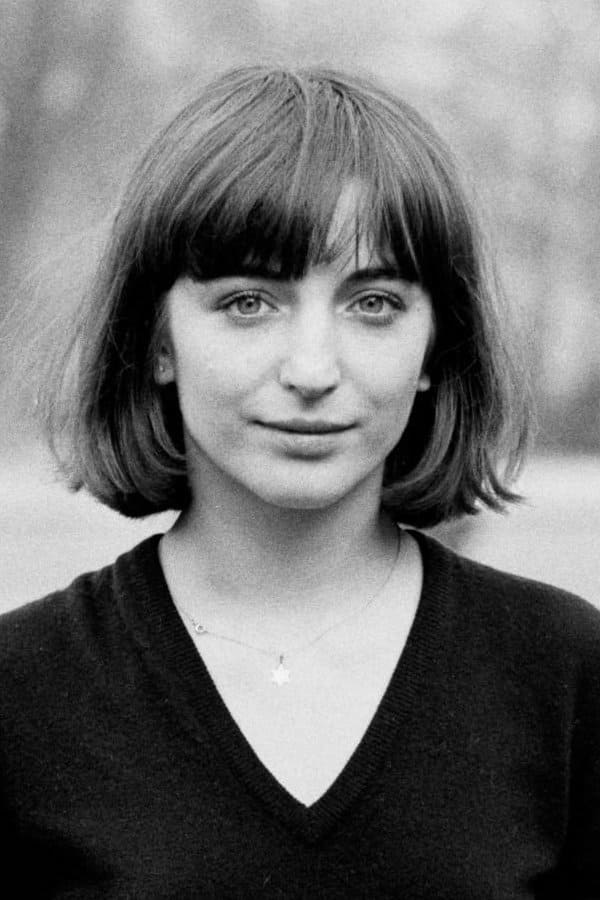

Ariel, a young French Jew, decides to leave his family to go to Israel and secretly become an agent of Mossad, the Israeli secret service. After years of training, his first mission is in Paris to steal secrets from Remy Prieur, a French atomic scientist.
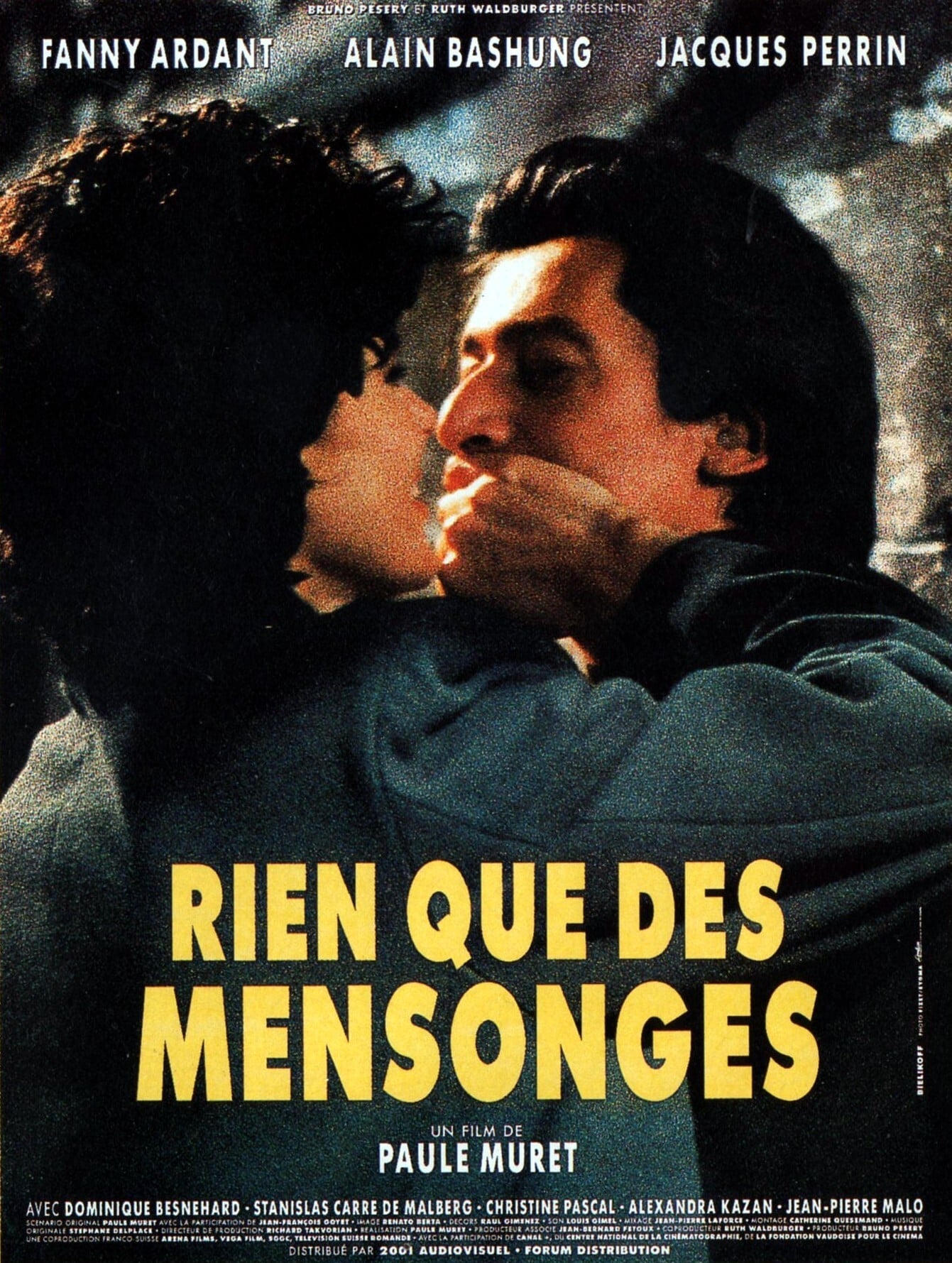
Frustrated with her life, a Parisian tells her philandering husband about her lover.
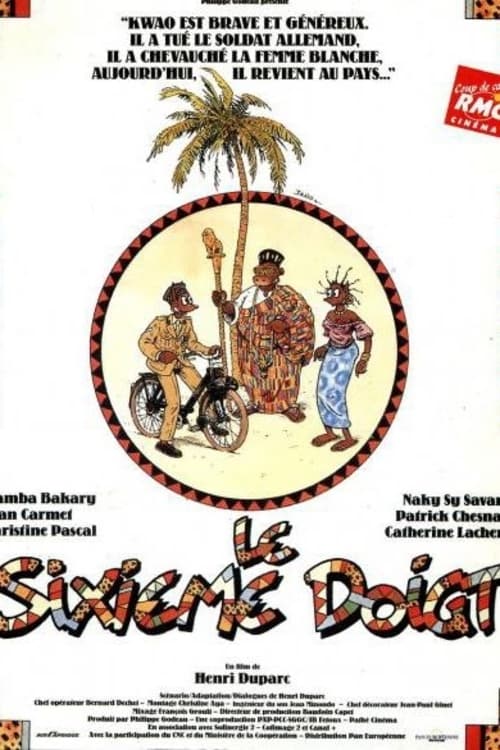
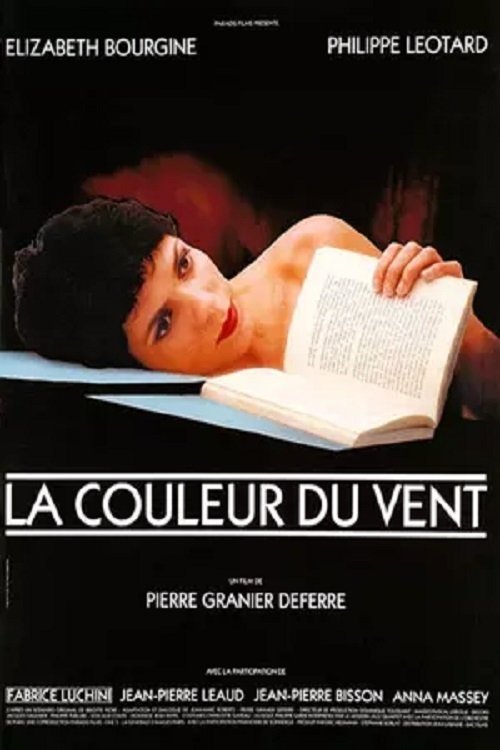
Louise, literary advisor to the Cercle Editions, receives a large manuscript from the United States. Upset by the reading of this book, she begins an epistolary relationship with Paul, the author.
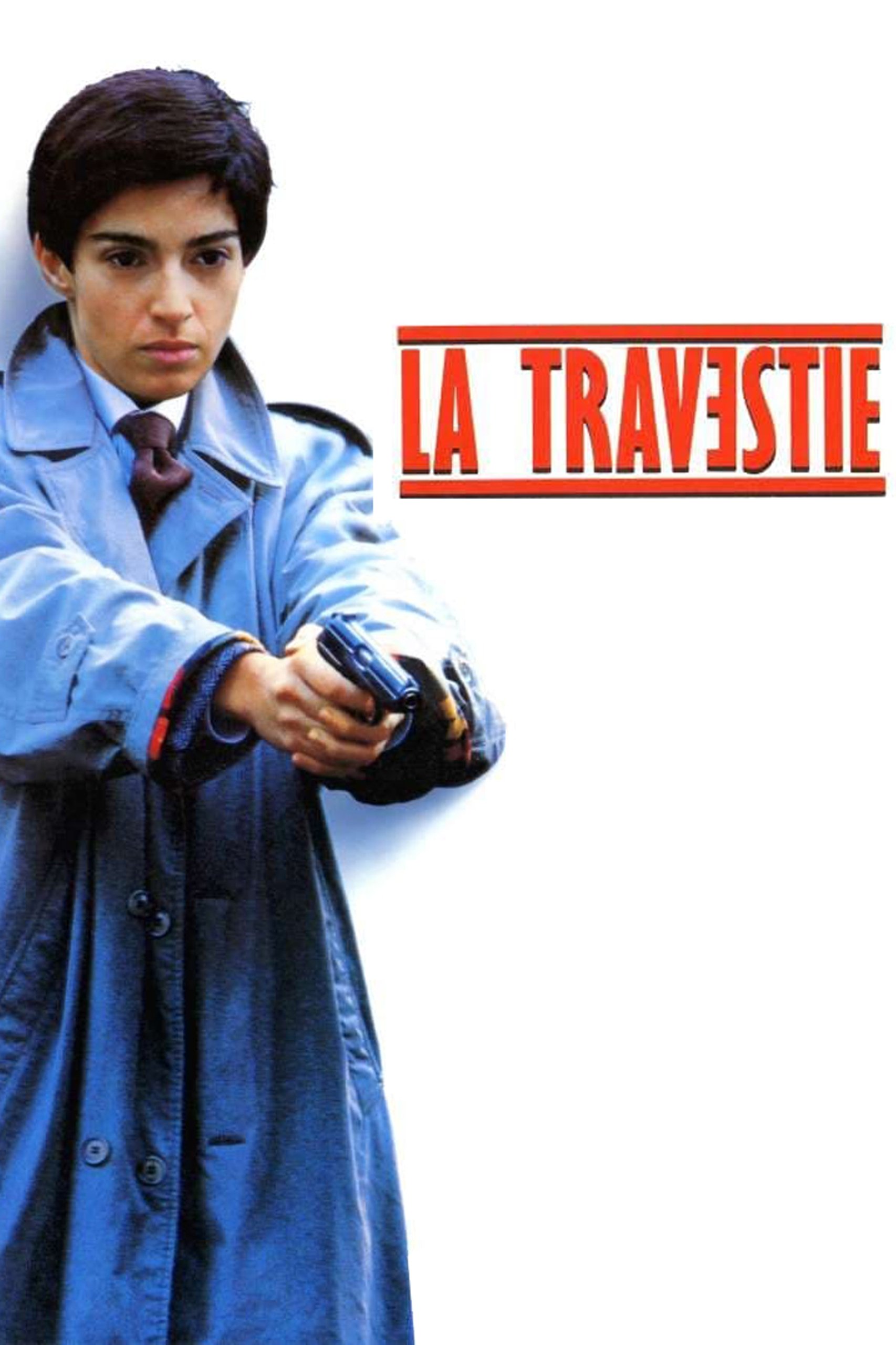
Nicole is a female attorney who is frustrated with the male-dominated world of provincial law. She embezzles money from a law firm and travels to Paris where she disguises herself as a man in hopes it will make a difference in her life and career. Nicole has two lesbian affairs and becomes a pimp for one of the women. She also has an affair with a man who indicates that he doesn't want a serious relationship. Nicole's loneliness leads her to the affairs as she continues the downward spiral into schizophrenia in this depressing psychological drama.
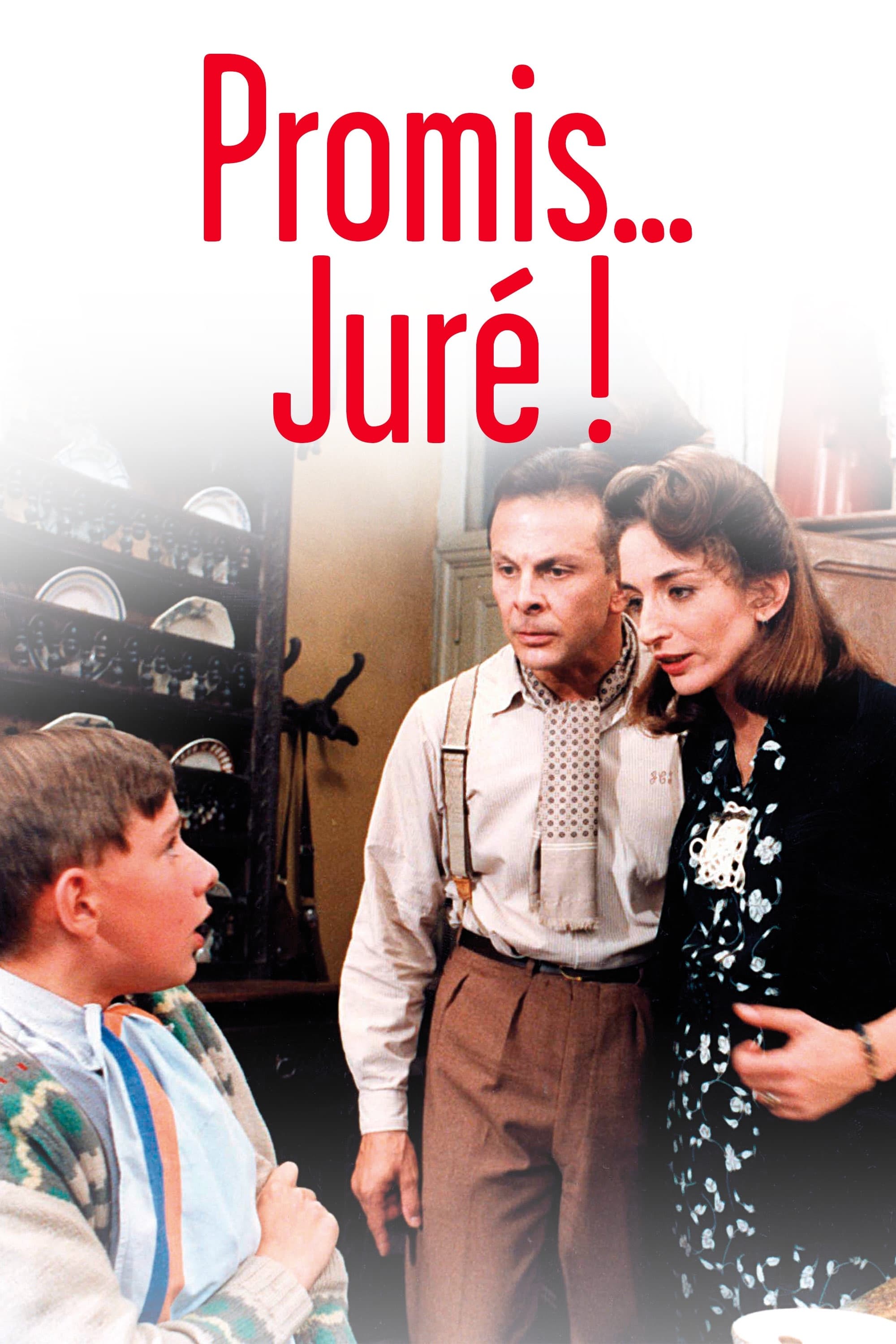
The life and love affairs of a 12-year-old boy Pierre who lived in France during the Nazi occupation in 1944. We see his family, his chubby friend, the girl who ignores him - and the German defector who hides in the cellar. He suffers from a slightly more prominent nasal appendage than the average of his congeners. This complex initially serving it, will ultimately be the detonator of his success with women and the entire population of the city.
Christine Pascal (29 November 1953 – 30 August 1996) was a French actress, writer and director. Born in Lyon, Rhône, Pascal made her film debut at 21 in Michel Mitrani's Les Guichets du Louvre (1974), and began a working relationship with Bertrand Tavernier in her next film, L'Horloger de Saint-Paul (1974). Other films with Tavernier include Que la fête commence (1975), for which she received a César nomination for Best Supporting Actress; The Judge and the Assassin (1976); Des enfants gatés (1977), which she co-scripted; and Round Midnight. Other film appearances include Black Thursday (1974), La Meilleure façon de marcher (1976), The Maids of Wilko (1979), Entre Nous (1983), and Le Grand Chemin (1987). She made her directorial debut with Félicité, and also directed La Garce, Zanzibar, Le Petit prince a dit (which won the Louis Delluc Prize) and Adultère, mode d'emploi. Source: Article "Christine Pascal" from Wikipedia in English, licensed under CC-BY-SA 3.0.
By browsing this website, you accept our cookies policy.